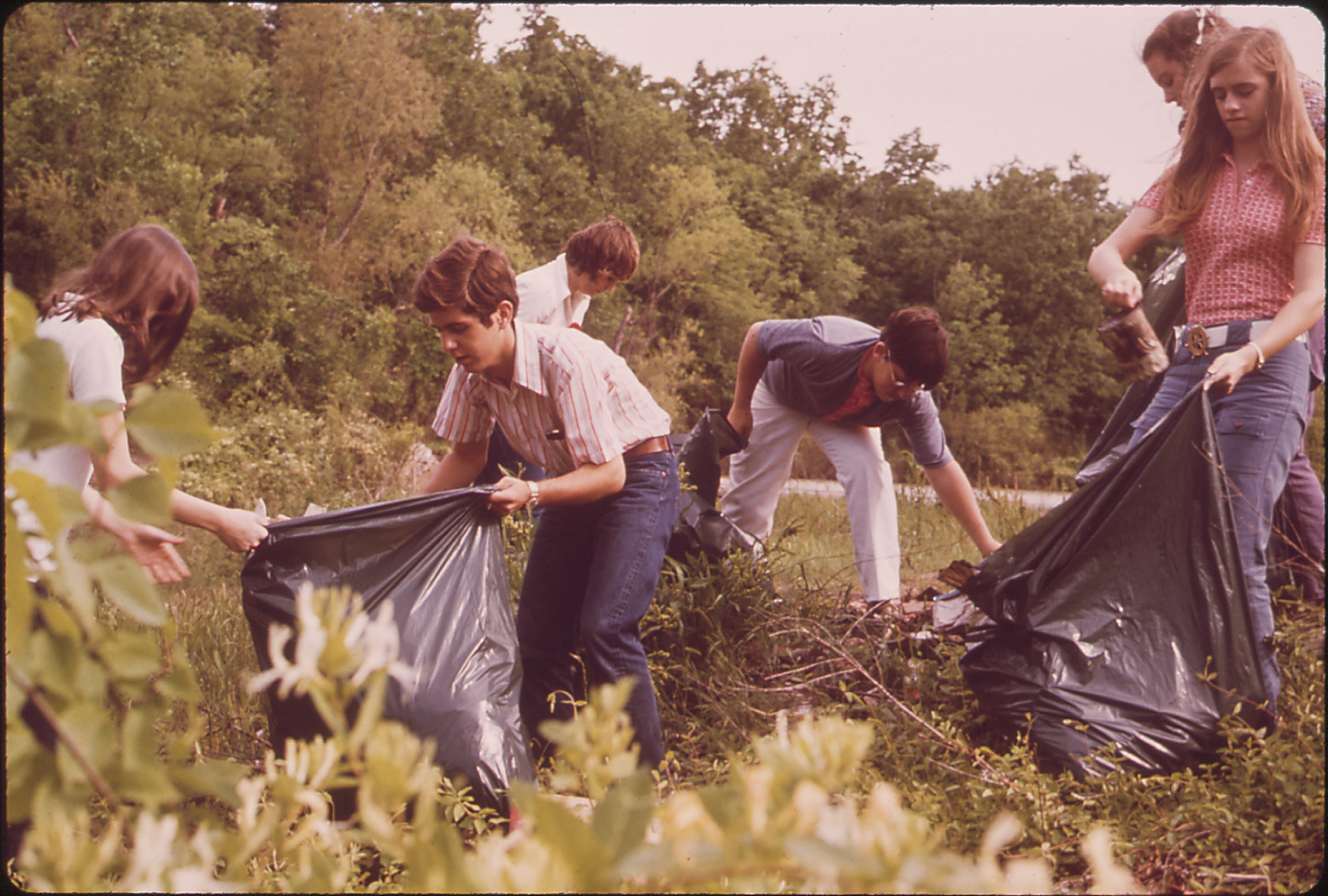Ever wonder how long it takes for our trash to decompose after we throw it away? What if we are careless when we are outdoors and do not practice leave no trace? According to the U.S National Park Service, it takes a plastic bottle 450 years to decompose in the environment. Yes, that’s 450 years. That means that, if Shakespeare had a bottle of soda pop, that soda bottle would still be around…and it would remain for at least another 50 years. Some scientists think that a glass bottle could last forever because glass (being made of sand) doesn’t really break down.
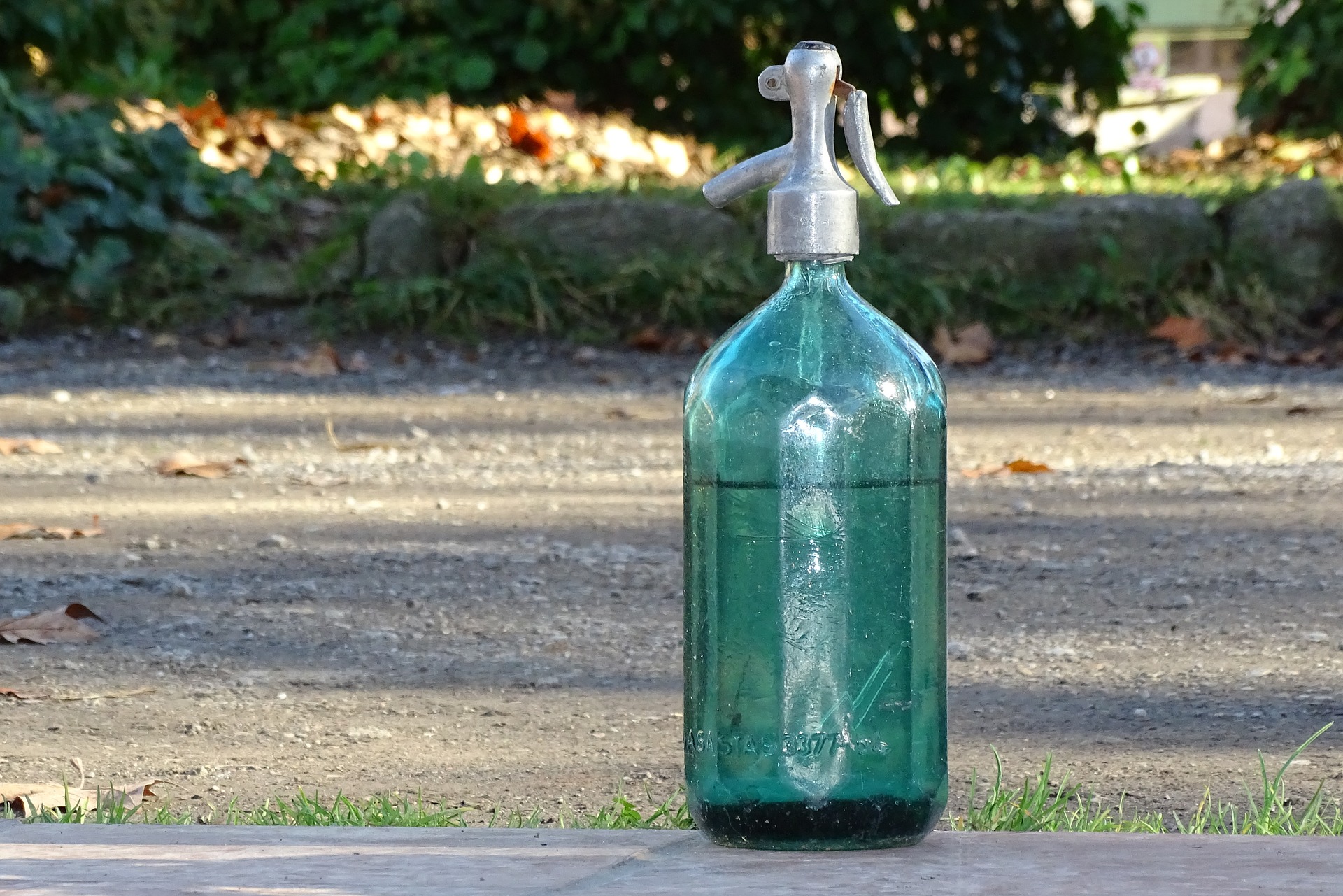
Whether we carelessly toss away a plastic bottle into a lake or river, or whether we go camping and do not take away everything we brought with us for proper disposal, we hurt ourselves and the environment that we live in.
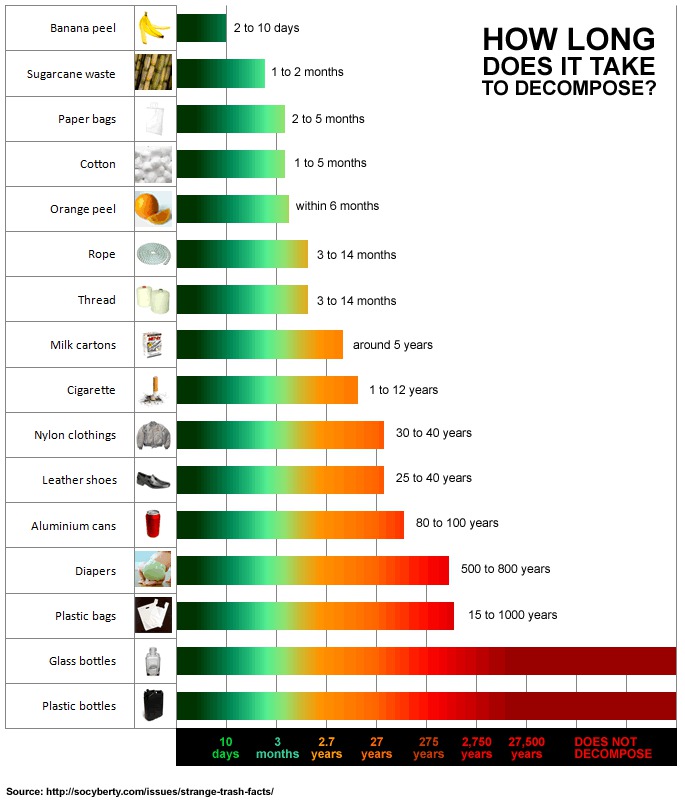
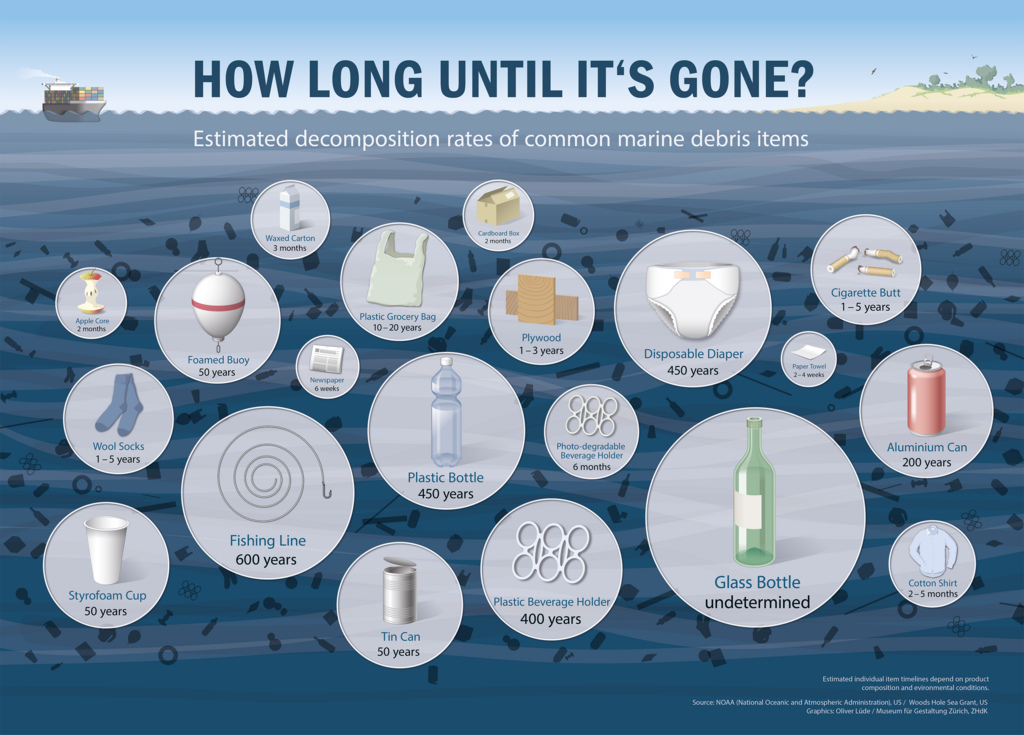
It takes a long time
It takes a long time for most of our trash to break down. Plastic bags (from stores) can take up to 20 years to break down. Even banana peels and apple cores can take up to 2 years to break down in a cold temperature environment. We have all heard the simple refrain, “Pack it in. Pack it out.” It is estimated that each individual produces 3.5-pounds of trash per day. That is a lot of trash! How long does the litter left in the backcountry last? Do you want to watch it decay over time? Will it decay in your lifetime? We need to stop littering, and start caring about the land and the water around us.
.jpg)
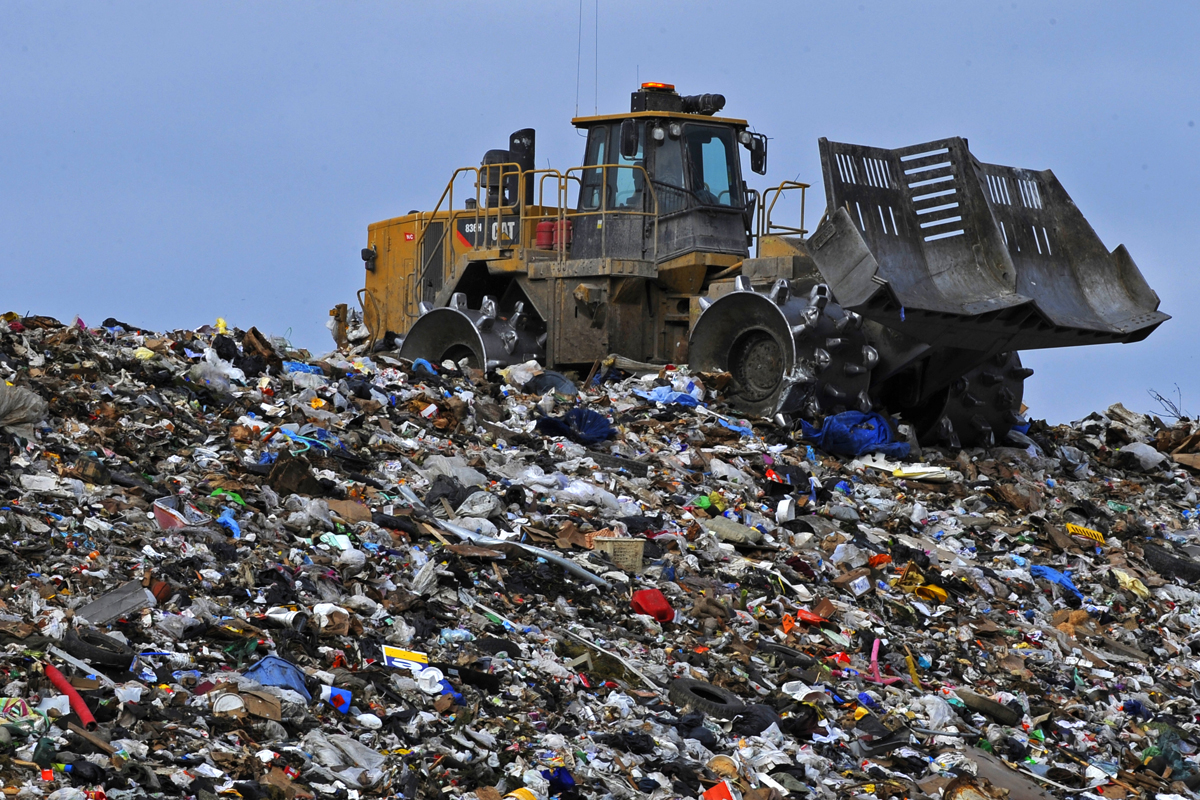
There are a great many things that we can do to care for the planet around us, to not litter, and to clean up what’s already messed up. Here are a few ideas…Volunteer to clean up a park, or the woods where you camp or hike. Recycle everything you can, plastic bottles and glass bottles, old cardboard and newspapers can all be collected and recycled. If you're outdoors follow Leave no Trace’s 7 values…These Principles are the most robust and widely utilized minimum impact outdoor practices. Although Leave No Trace has its roots in backcountry and wilderness, the practices have been adapted so that they can be applied anywhere - from the backcountry to local parks, to your backyard - and for any recreational activity. Each Principle covers a specific topic and provides detailed information for minimizing impacts.
The Seven Principles
· Plan Ahead and Prepare
· Travel and Camp on Durable Surfaces
· Dispose of Waste Properly
· Leave What You Find
· Minimize Campfire Impacts
· Respect Wildlife
· Be Considerate of Other Visitors
